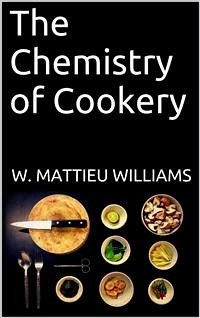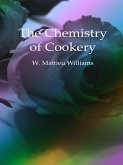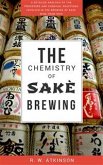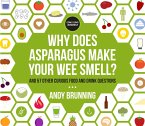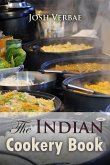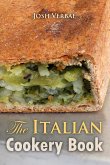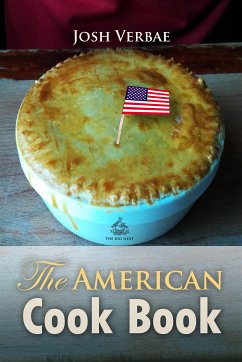The kitchen is a chemical laboratory in which are conducted a number of chemical processes by which our food is converted from its crude state to a condition more suitable for digestion and nutrition, and made more agreeable to the palate.It is the rationale or ology of these processes that I shall endeavour to explain; but at the outset it is only fair to say that in many instances I shall not succeed in doing this satisfactorily, as there still remain some kitchen mysteries that have not yet come within the firm grasp of science.
Dieser Download kann aus rechtlichen Gründen nur mit Rechnungsadresse in A, B, BG, CY, HR, DK, EW, FIN, F, D, GR, IRL, I, LR, LT, L, M, NL, PL, P, CZ, R, SK, SLO, S, H ausgeliefert werden.

